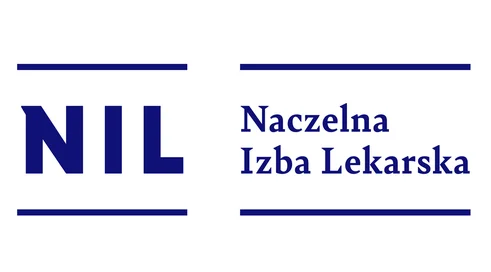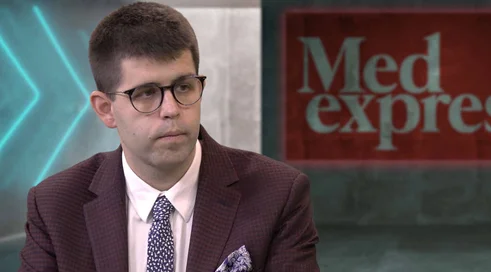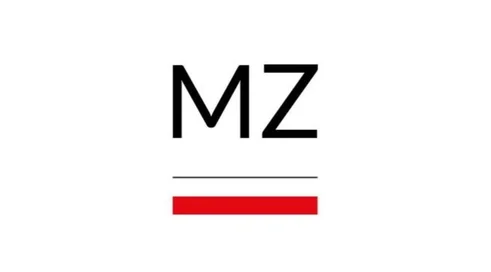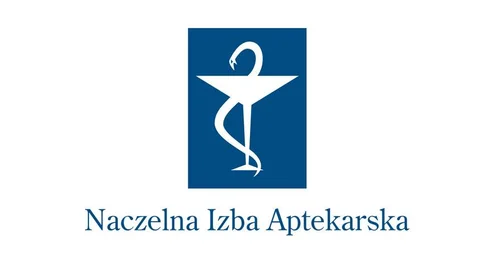Below we publish the content of the July 5 and July 7 posts:
POSITION No. 40/23/P-IX
PRESIDIUM OF THE SUPREME MEDICAL COUNCIL
dated July 5, 2023.
on the draft law amending the Law on Reimbursement of Medicines, Foodstuffs for Special Dietary Purposes and Medical Devices and some other laws
The Presidium of the Supreme Medical Council, having familiarized itself with the draft law amending the Law on Reimbursement of Medicines, Foodstuffs for Special Dietary Purposes and Medical Devices, as well as some other laws (parliamentary print 3408), makes the following comments on the draft in question:
The proposed law does not implement - agreed with the Minister of Health - the medical community's demand to remove from doctors the obligation to mark the level of reimbursement of a drug when issuing a prescription. It should be recalled that in § 16 of the agreement concluded on February 8, 2018 with the OZZL Residents' Agreement, the Minister of Health undertook to submit draft legislation removing the need for doctors to mark the level of drug reimbursement on the prescription. These changes were to come into effect no later than the end of 2019. Despite these assurances, to date doctors are still obliged to mark the level of reimbursement on the prescription and, as you know, are also held financially responsible for doing so. In order to abolish the obligation to mark the level of gratuity on the prescription, the Presidium of the Supreme Medical Council proposes the adoption of amendments to the law as in the attachment to the position.
The medical association also raises objections to the proposed wording of Article 96a (2-3) of the Pharmaceutical Law. They assume a reduction from the current 360 days to 180 days of the maximum period for which a doctor will be able to prescribe for a patient a single quantity of a medicinal product, foodstuff for special nutritional use or medical device. The bill also provides for a reduction in the amount of drugs that can go on a single prescription - on a single prescription, the amount of a medicinal product, foodstuff for special nutritional use or medical device will not be allowed to exceed the amount necessary for a 60-day period of use. These changes will adversely affect long-term patients, resulting in the need to increase the frequency of visits to the doctor and pharmacy, which will particularly affect patients with limited mobility or the elderly. The changes will result in reimbursable drugs not being produced in larger packages, allowing therapy for longer than 60 days.
Objections are raised by the proposed...
Content locked
To gain access to the complete English section of the Medexpress.pl, kindly reach out to us at english@medexpress.pl.



















